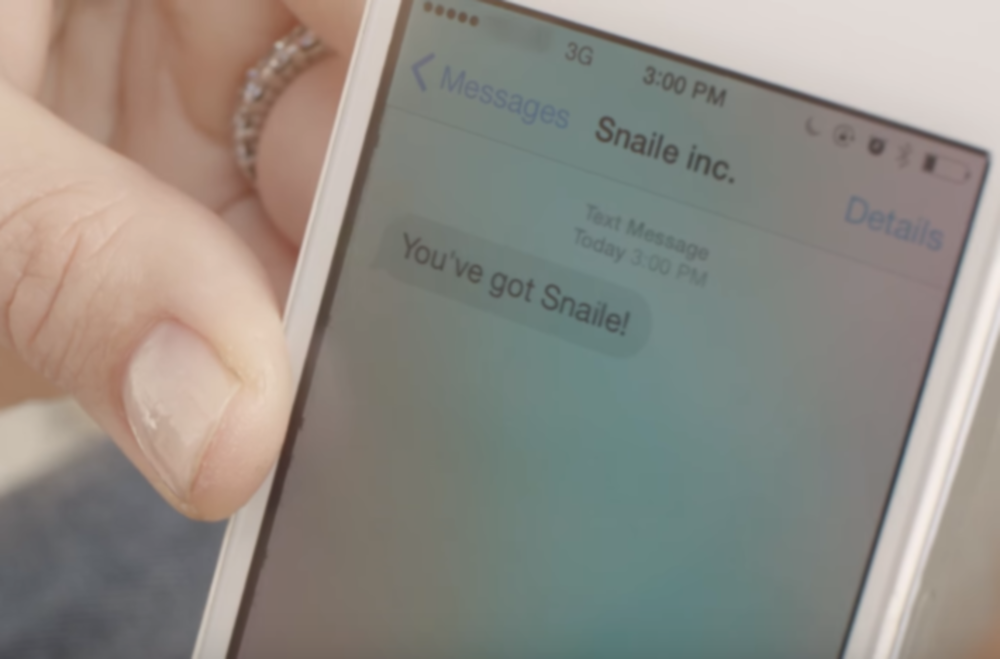The U.S. Postal Service’s Informed Delivery service now has company in the digital mail notification arena. A Canadian company called Snaile (pronounced snail-ee) has developed an infrared light system that detects when mail has been deposited on a special tray in cluster box compartments and sends a text to residents that mail has arrived. Canada Post was in the process of converting the entire country to community boxes, as they call them in the North Country, when the Trudeau administration took over and put the conversion—and Snaile—on hold.
The company’s CEO, Patrick Armstrong, decided to move up Snaile expansion plans and has been working with the U.S. Postal Service to offer the service here. He says the company’s first hurdle is getting USPS’s assent that the system could work.
A chief obstacle that Snaile will have to overcome in the States is its subscription fee. In Canada, residents pay about $8 a month for the service, and four out of 10 community box customers said they would be willing to pay for the convenience of knowing there was something in their boxes before driving or walking to check them. Then there’s the problem of scale. More cluster boxes are planned for the U.S., but mostly for rural areas and apartment complexes. What’s more, the Informed Delivery notification system now being tested by the Postal Service in New York is free to consumers.
That’s where direct mailers enter Armstrong’s U.S. expansion plan. Snaile offers a service for advertising mail employing RFID tags that can deliver custom-content alerts to subscribers. Mailers with time-sensitive delivery days might be willing to pay to incent Americans to get to their cluster boxes to avail themselves of offers in timely fashion. Their participation could defray or possibly cover user subscription fees.
“The only tech today required would be RFID readers inside mailboxes,” Armstrong says. “The direct mailer will know when a piece has hit the mailbox and can send a push notification to the customer.”
In Canada only about 30% of households still receive home delivery, which Canada Post has deemed too expensive to maintain.








